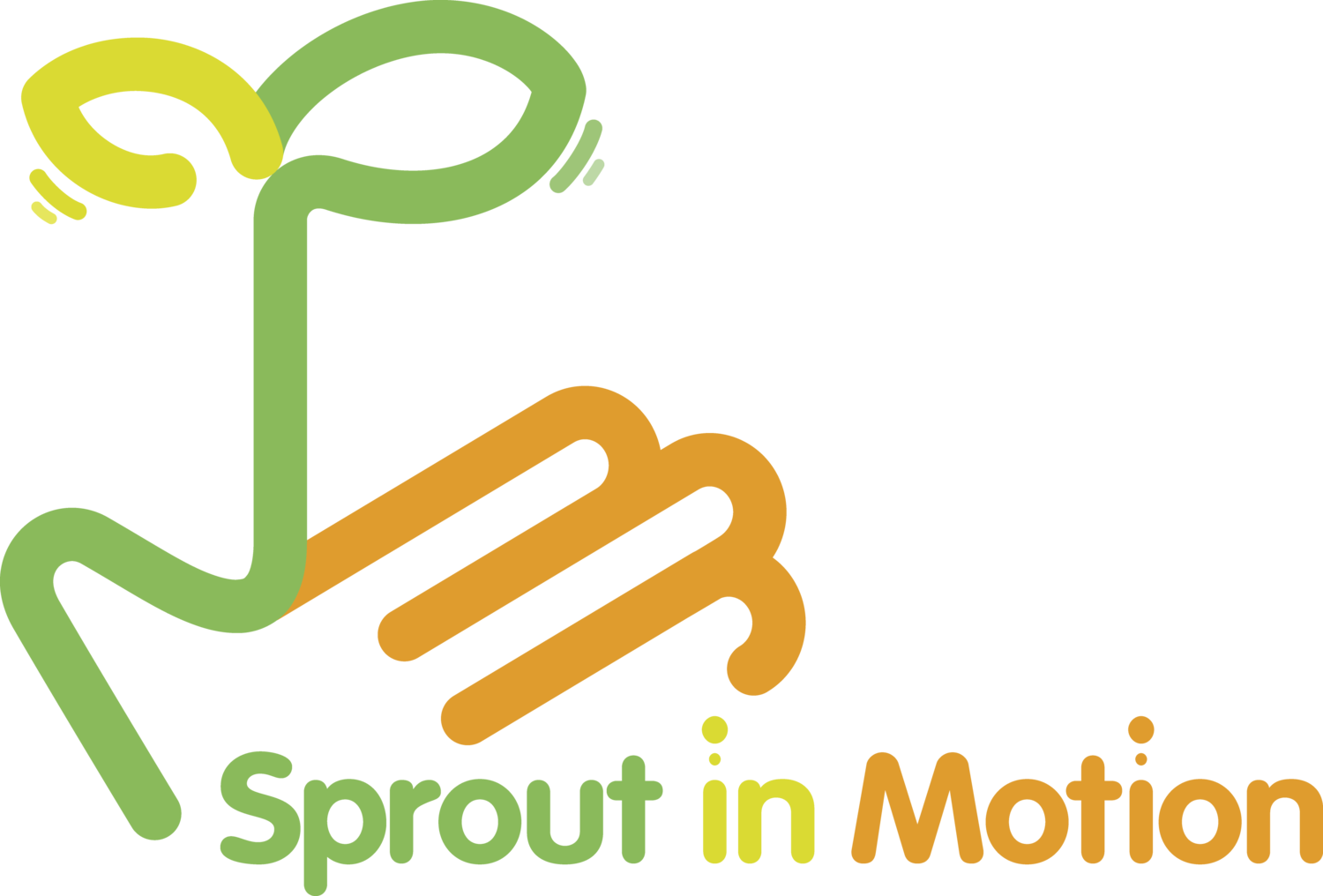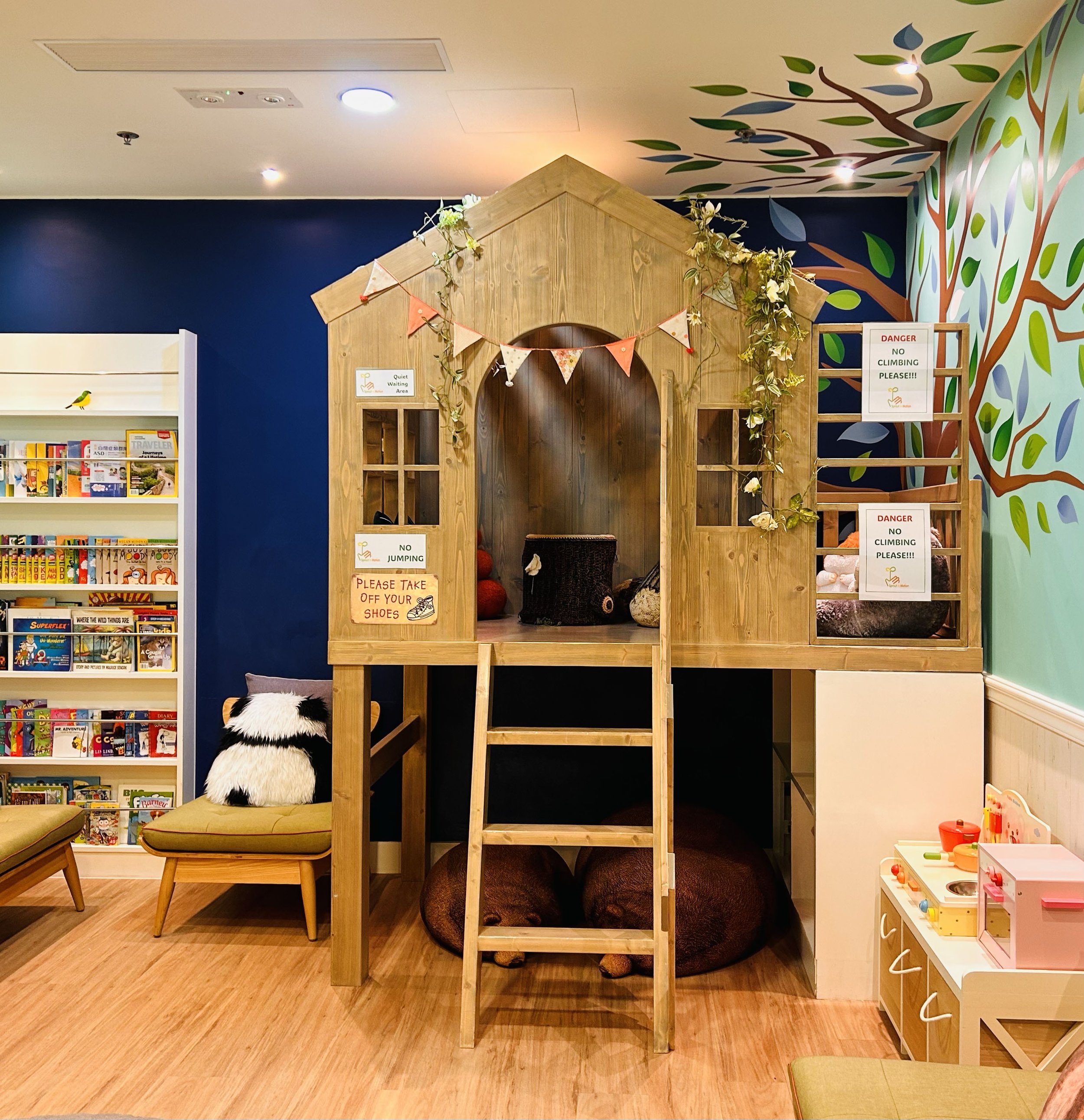Articles
Nurturing Understanding: Essential Tips for Teaching Sex Education to Teenagers with Autism
Sex Education for Teens with Autism | Supportive Strategies
Learn how to teach sex education to teenagers with autism using compassionate, age-appropriate strategies that promote safety, confidence, and understanding.
Understanding Skin Picking in ADHD Kids: Insights and Support Strategies for Parents
Skin picking in children with ADHD is more than a habit—it can be a response to sensory needs, anxiety, or boredom. Understanding this behavior helps parents provide the right support. Learn how to differentiate it from self-harm and discover research-backed strategies to guide your child with care and confidence.
Toilet Training for Children with Autism: Effective Strategies for Parents
Toilet training can be challenging for children with autism due to communication barriers, sensory sensitivities, and routine changes. Discover expert-backed strategies, including visual schedules, reward systems, and professional guidance, to support your child's independence and success in mastering this essential life skill.
Common Characteristics and Differences Between ADHD and Dyslexia: A Guide for Parents
ADHD and dyslexia are two of the most common neurodevelopmental disorders, often causing academic challenges and executive function deficits. While ADHD primarily affects attention and impulse control, dyslexia impacts reading and language processing. This guide helps parents recognize overlapping traits, key differences, and effective interventions to support their child’s unique learning needs. Learn how to identify symptoms, seek professional evaluation, and implement targeted strategies to help children thrive.
Untangling the Connection Between Social Anxiety and Autism: What Parents Need to Know
Social anxiety (SAD) and autism (ASD) both affect social interactions but have distinct causes. SAD stems from a fear of judgment, while ASD involves challenges in understanding social cues. Research shows up to 50% of children with ASD also experience social anxiety.
Early intervention is key! Treatments like cognitive behavioral therapy (CBT) help with anxiety, while speech and occupational therapy support social skills in ASD. A tailored approach can boost confidence and social success.
Understanding Specific Learning Difficulties in Math: A Guide for Parents
Discover how to identify and support children with dyscalculia, a specific learning difficulty affecting mathematical understanding. This comprehensive guide delves into dyscalculia—a specific learning difficulty affecting numerical comprehension and arithmetic skills. Parents will learn to identify early signs across various age groups, understand potential causes, and implement effective strategies both at home and in educational settings. By recognizing and addressing these challenges early, parents can empower their children to overcome math-related obstacles and foster a positive learning experience.
Latest Scientific Advancements in the Treatment of Autism
Autism Spectrum Disorder (ASD) treatment is evolving with exciting new advancements that promise better outcomes. From gene therapy and gut-brain research to innovative AI tools and brain stimulation, these cutting-edge approaches are transforming autism care. Learn about the latest developments in autism treatments and how they can improve the lives of individuals with ASD. Perfect for parents, caregivers, and educators seeking the most up-to-date information on autism therapies.
Understanding ADHD and Autism: Key Similarities and Differences Explained
Navigating the complexities of neurodevelopmental disorders can be challenging for parents and professionals alike, especially when distinguishing between ADHD and autism. While both conditions share overlapping symptoms, such as difficulties with attention and social interactions, they are distinct disorders that require tailored interventions. Understanding the nuances between Attention-Deficit/Hyperactivity Disorder (ADHD) and Autism Spectrum Disorder (ASD) is crucial for accurate diagnosis and effective support.
Finding Stability After an Autism Diagnosis: A Parent’s Perspective
Discover valuable insights and strategies for parents navigating the journey after an autism diagnosis in "Finding Stability After an Autism Diagnosis: Insights and Strategies from a Parent’s Perspective." This article offers practical advice, emotional support, and personal experiences to help families foster resilience and create a stable environment for their children. Learn how to effectively manage challenges, promote understanding, and embrace the unique journey of parenting a child with autism.
Developmental Coordination Disorder: Signs, Assessment, and Treatment
Explore Developmental Coordination Disorder (DCD), a neurodevelopmental condition impacting children's ability to coordinate movements. This blog covers the key signs of DCD, including difficulties with fine and gross motor skills, clumsiness, and balance challenges. Learn about the assessment process and effective treatment options like occupational and physical therapy. With proper support, children with DCD can enhance their motor skills and thrive in daily activities.
Five ways that ADHD brain is different from neurotypical brain
Recent research reveals unique brain differences in individuals with ADHD, offering new insights into its symptoms and treatment. Understanding these findings can help improve diagnosis, personalized care, and support for those living with this neurodevelopmental condition. Discover the latest advancements and their impact in this blog.
Top Gift Ideas for Children with Dyslexia
Choosing the perfect gift for a child with dyslexia can make a significant difference in their learning journey while bringing happiness to their day. Whether it’s for a birthday, holiday, or special occasion, selecting thoughtful gifts can help boost their confidence, enhance creativity, and support skill development. From fun educational games to creative tools, this guide offers practical tips and seven amazing gift ideas for children with dyslexia. Discover how you can inspire learning, encourage growth, and make every gift count!
Unique Gifts and Toys for Kids with ADHD
Looking for the perfect gift for a child with ADHD? Discover thoughtful presents that celebrate their unique strengths and creativity. This guide highlights engaging toys and activities designed to inspire, calm, and support children with ADHD. From sensory items that promote relaxation to energy-burning toys and creative kits, find gifts that enhance focus and joy. Explore options like fidget toys, educational games, and art supplies that cater to their needs while making playtime fun! Celebrate their individuality with gifts that foster growth and happiness.
Early Signs of Mental Health Problems and Ways to Help Students Seek Support
Recognizing early signs of mental health problems in students is crucial for timely intervention. This guide explores common indicators of mental health challenges, such as persistent sadness, anxiety, and changes in behavior or academic performance. Learn effective ways to help students seek support and promote their well-being. By fostering open communication and understanding, we can create a supportive environment that encourages students to reach out for help when they need it most.
How to Approach Discussions About Sexual Orientation with Your Teen
Navigating conversations about sexual orientation with your teen can be challenging but deeply meaningful. This guide offers practical tips for parents to create a safe, supportive environment, educate themselves, and engage in open, honest communication. By fostering inclusivity, respecting your teen’s journey, and addressing your own anxieties, you can build trust, strengthen your bond, and help your child embrace their identity with confidence and acceptance.
Tips To Managing Sensory Overload in ASD Children
Learn effective tips for managing sensory overload in children with Autism Spectrum Disorder (ASD). This guide provides practical strategies to identify sensory triggers, create calming environments, and utilize sensory tools. Discover how to establish predictable routines, encourage self-regulation techniques, and foster open communication. By understanding and addressing sensory sensitivities, parents can help their children navigate overwhelming situations and promote emotional well-being. Explore these essential parenting tips to support your child's sensory needs and enhance their daily experiences.
How Anxiety Leads to Problem Behavior Kids Who Seem Oppositional Are Often Severely Anxious
Children are complex, and their behaviors often overlap across diagnostic categories, making careful and comprehensive assessments essential. Anxiety, for example, can sometimes appear as disruptive behaviors like tantrums, defiance, or hyperactivity. Without a thorough evaluation that considers all aspects of a child's life—both at home and school—key factors can be overlooked.
Dr. Busman emphasizes the importance of addressing anxiety first, as it often underpins other challenges, including learning or attention difficulties. With the right support, such as Cognitive Behavioral Therapy (CBT) and, in some cases, medication, children can thrive and overcome these obstacles.
Early intervention, holistic assessment, and evidence-based treatment are vital to unlocking each child’s potential.
Explaining Your Child's Diagnosis of ADHD, ASD, and Other Neurodivergent Conditions
Receiving a diagnosis of ADHD, ASD, or another neurodivergent condition for your child can be both overwhelming and reassuring. It helps you better understand your child's unique strengths and challenges, but discussing it with them requires care and sensitivity. In this article, Dr. Minna Chau, Chief Child Psychologist and Founder of Sprout in Motion, shares expert advice on how to approach the conversation with your child, empowering you to support their development and promote self-acceptance.
How Speech Therapists Help Young Children Prepare for Kindergarten Interview
Speech therapists play a key role in helping young children feel confident and communicative as they approach their kindergarten interviews. Through targeted language exercises, social skills practice, and personalized support, they guide children to express themselves clearly and interact comfortably. This foundation not only boosts children’s interview readiness but sets them up for success in their early academic and social journeys.
Understanding the Benefits of Psychoeducational Assessments for Your Child
Psychoeducational assessments help parents understand and support their child’s learning and development. By identifying specific needs early, like reading difficulties or attention challenges, assessments enable targeted interventions, personalized learning plans, and exam accommodations, empowering children to thrive academically. Working with qualified professionals ensures reliable insights to guide effective support strategies for your child’s success.





















